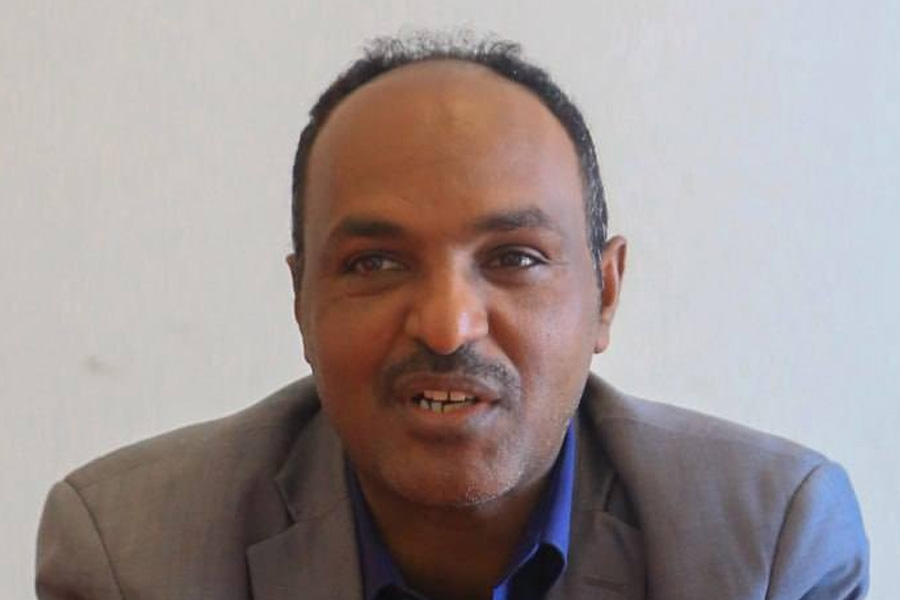
The Ministry of Planning & Development launched an integrated system for measuring, reporting, and verifying greenhouse gas emissions, as well as monitoring and evaluating climate change implementation. The integrated and harmonized national measurement, reporting, and verification (MRV) and monitoring and evaluation (M&E) system, was announced at a program held at the Radisson Blu Hotel on Tito St. last week. State Minister Seyoum Mekonnen clarified that the Ministry is solely responsible for climate and related issues, eliminating the need for agreements or memorandums of understanding with other governmental institutions, and will lead the work moving forward. He also noted that Ethiopia has been implementing various environmental and climate change policies and has prepared performance reports for development planning, monitoring, and evaluation, as well as reporting to the United Nations Framework Convention on Climate Change (UNFCCC). Previously, the existing MRV system had inconsistencies and data gaps. A key goal for the Ministry is establishing an integrated MRV/M&E system this year, which includes developing a single plan and reporting system. This system is designed to produce a biennial transparency report on greenhouse gas emissions and climate change implementation. Preliminary work for this report has been completed, according to the Ministry. A national committee, consisting of experts from seven relevant ministries and three other institutions, has been formed to support the project. The project is technically supported by the Global Green Growth Institute (GGGI), with financial backing from the Nationally Determined Contributions Partnership (NDCP) and the United Nations Office for Project Services (UNOPS), and is led by the Ministry.
[ssba-buttons]